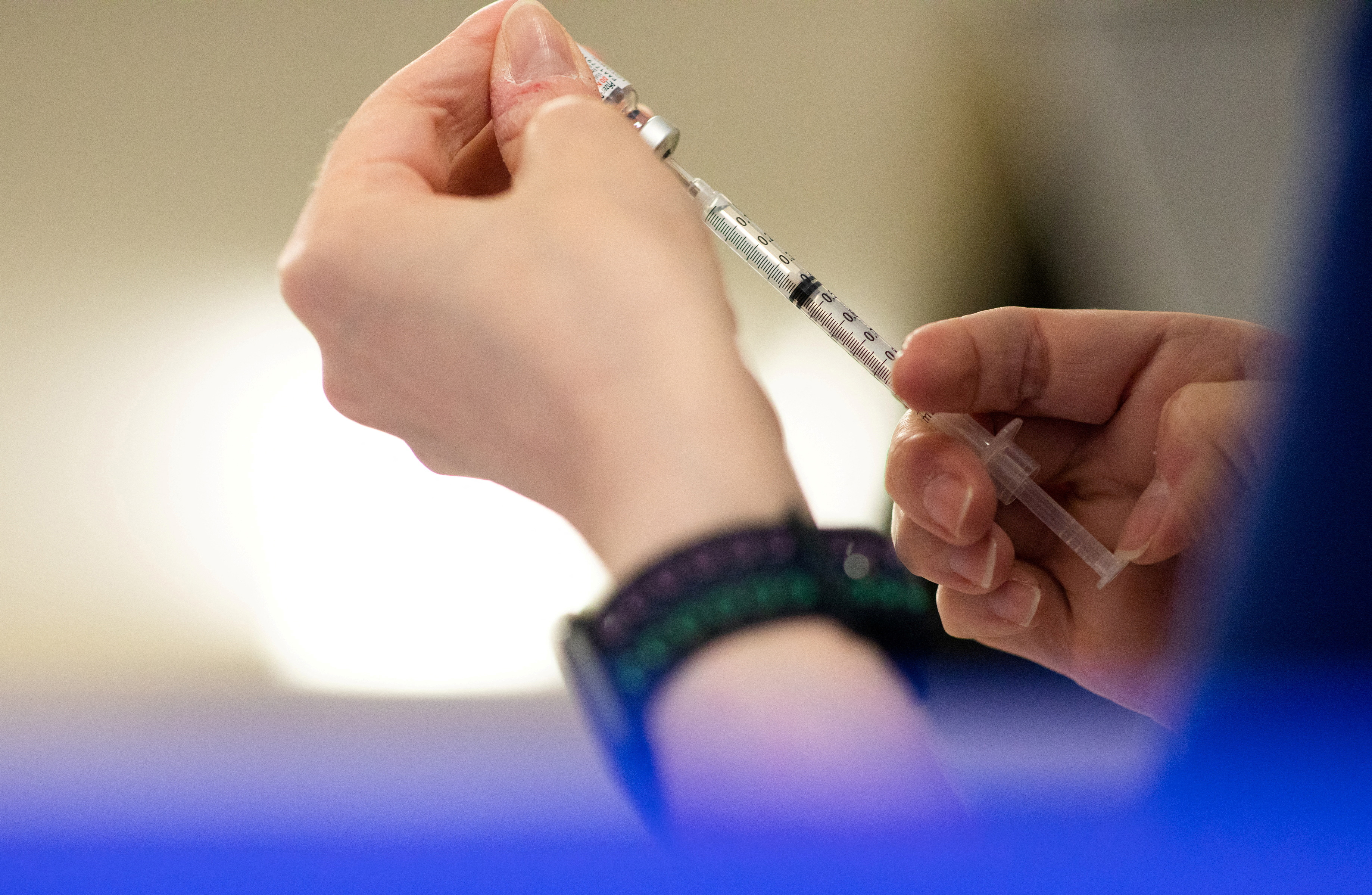Two new Covid-19 vaccines, authorized by the European Medicines Agency (EMA) should arrive in Cyprus by next week, Elena Panayiotopoulou, head of the state pharmaceutical services announced on Tuesday.
Speaking from a meeting held by the European agency in Amsterdam, Panayiotopoulou told CyBC radio that the vaccines in question are modified boosters produced by Pfizer and already approved by the FDA, adjusted to target the BA4 and BA5 variants of the omicron virus.
Asked whether the new vaccines protect against all variants of omicron, Panayiotopoulou explained that it is not possible to predict which variant will become the dominant one.
The public health approach, Panayiotopoulou argued, is not so much to target any particular variant but to make use of “the whole arsenal of weapons at one’s disposal and monitor the situation.” To this end, she encouraged the public to come forth and get boosted with the new vaccinations, provided that five months have elapsed since any previous Covid-19 vaccination or booster, whatever number in the series it may have been.
Panayiotopoulou emphasized that the new vaccines could not take the place of the original vaccination and are to be used solely as boosters. Anyone wishing to get vaccinated for the first time, would not get much use out of this latest vaccine, she said, and would be advised to first get one of the originally approved shots.
The reason for this, the head of pharmaceutical services stated, is that clinical trials during which the new boosters were given as a first-time dose to unvaccinated participants, showed that the recipients did not produce an adequate number of antibodies, or at least not as many as those participants who had already received previous shots in the series.
A person can therefore only be considered “fully vaccinated” only if they have received one of the original vaccines and a booster within five months of the previous one.
Whether or not one has recovered from a Covid infection, is also of no importance, she said, since infection may not result in as high a number of antibodies being detectable as those stimulated by the booster.
Panayiotopoulou continued to say that all boosters, as well as the original vaccine, largely protect from severe illness, hospitalisation, and death.
Responding to the question of whether Cyprus has a surplus of vaccines which are soon-to-expire, Panayiotopoulou said that no such problem exists, as the EU is centrally managing the vaccine sourcing and distribution scheme in the most efficient possible way. Doses ordered by governments are rapidly shipped and Cyprus also participates in COVAX, the global vaccine solidarity programme, which sends excess vaccine stocks to developing countries ensuring their fair and equitable distribution.
Of course, Panayiotopoulou said, it is not simply a matter of shipping vaccine doses, as some countries may not have the storage and distribution infrastructure necessary to roll out the vaccines to their populations.
The new boosters are expected to arrive in Cyprus and be rolled out by next Monday, in alternating weekly batches of BA4 and BA5. Asked which one of the two at-risk populations should opt for, Panayiotopoulou reiterated that the deciding criterion should be that five months have elapsed from the time of a previous booster and that vulnerable groups are, obviously, more in need.







Click here to change your cookie preferences